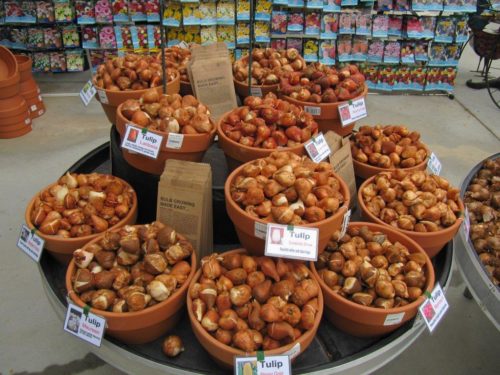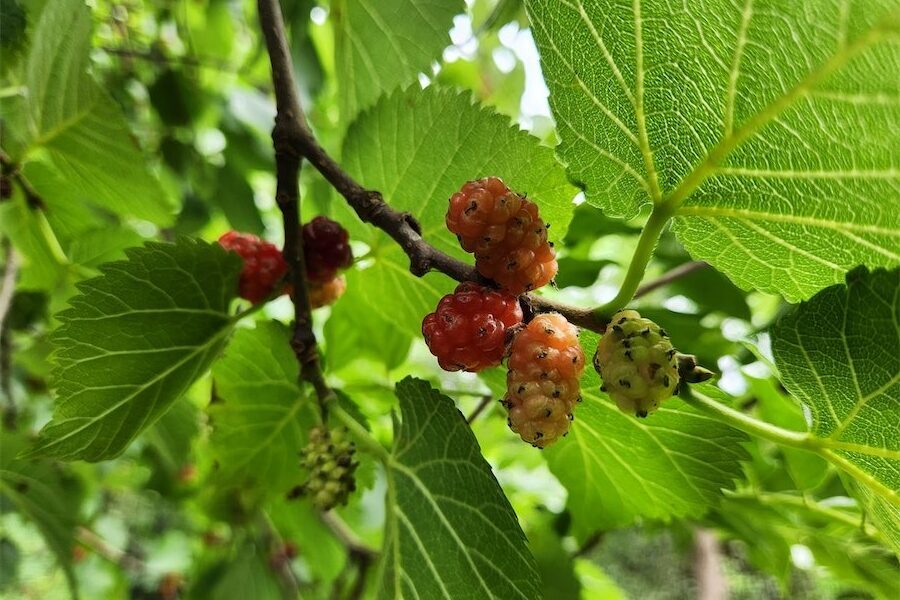
“Bulbs will look most effective if planted in drifts of the same colour or variety as one would see in nature or the wild,” says gardening writer CEDRIC BRYANT.
IT WILL soon be time to plant spring bulbs.
I prefer to buy from local garden outlets, so I can see and feel the bulbs, rather than taking the chance of buying online. Numerous growers of top-quality bulbs supply direct to garden centres. Bulbs are graded according to size and some are plant brokers, buying bulbs from the growers and on-selling. Buying locally also supports local business.

March/April is the main planting time for spring bulbs. With a few exceptions, almost all bulbs prefer full sun. This can be under deciduous trees, which in winter will have lost their leaves allowing full sun. But not under evergreen trees. A rule of thumb is to plant the same depth to which the bulbs are thick. For example, if a daffodil is 6cm thick, plant 6cm under the soil. This may explain why I get asked so often: “I’ve had bulbs in for years and each year they seem to flower less and less”. Regular mulching and even natural mulching of falling leaves build up, and the bulbs get ever deeper in the soil.
If bulbs are in shade, dig them out now and replant to the recommended depth and sunlight. When planting, give a good soaking with Maxicrop Organic liquid seaweed nutrient to promote root growth. After the initial planting, only water if there’s an extended dry period. Over-watering will cause bulbs to rot, as they store water. Don’t place any sort of chemical or non-organic fertilisers in the hole at planting time, or even round the top.
Bulbs will look most effective if planted in drifts of the same colour or variety as one would see in nature or the wild. I like to throw a handful up in the air and plant where they fall.

The first tulip bulbs brought into cultivation several hundred years ago were a few taken from the wild in Turkey, now sold in their millions. For growing all types of bulbs, the Dutch are the supreme masters. Even in Australia many, if not most, bulb growers were Dutch migrants who settled here just after the war.
A few reminders:
- Polyanthus will flower shortly. Cut back most of the old, tatty, snail-eaten leaves and give a liquid feed.
- It’s not too late to dig, divide and transplant Dutch iris tubers.
- Take out all tired old annuals that have finished flowering.
- Deadhead perennials which have also finished flowering, and think about saving seeds.
Who can be trusted?
In a world of spin and confusion, there’s never been a more important time to support independent journalism in Canberra.
If you trust our work online and want to enforce the power of independent voices, I invite you to make a small contribution.
Every dollar of support is invested back into our journalism to help keep citynews.com.au strong and free.
Thank you,
Ian Meikle, editor




Leave a Reply